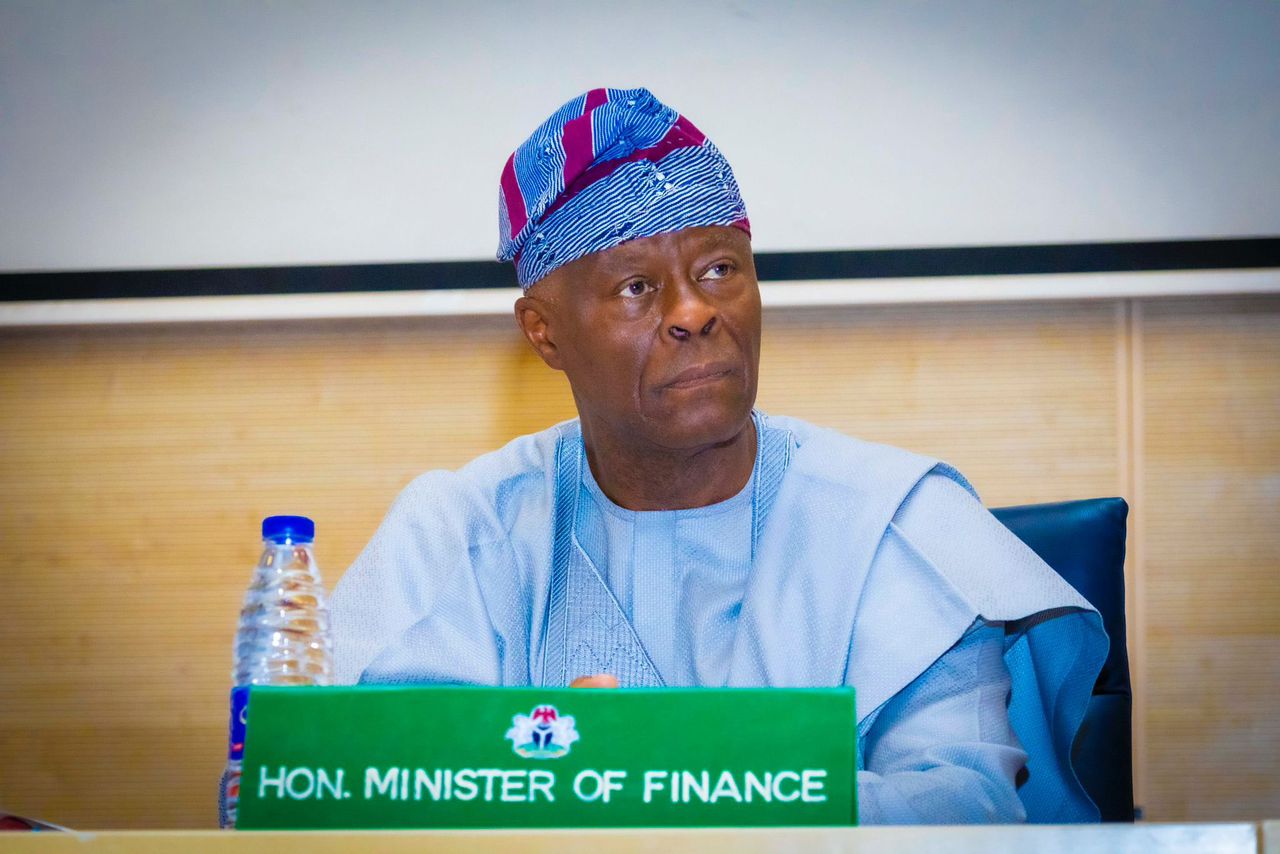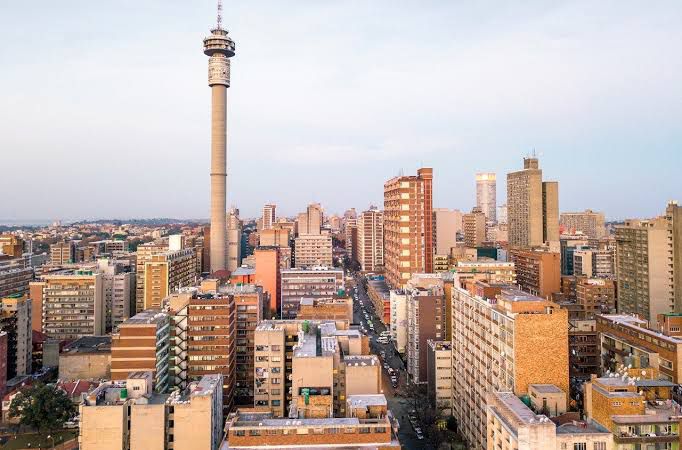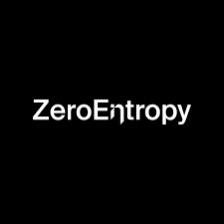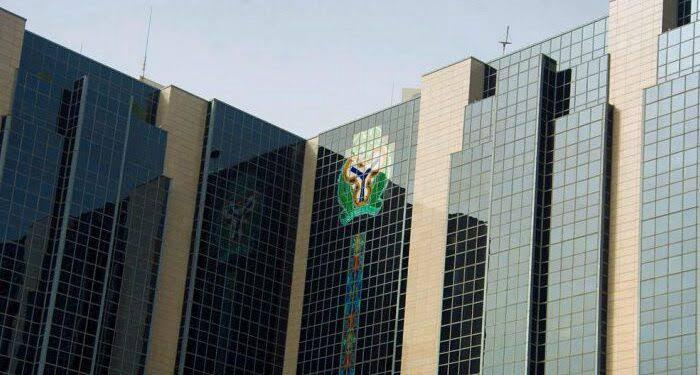Nigeria is moving aggressively to unlock its potential in the global green economy, following a strategic meeting that unveiled the $100 million Orteva Carbon Project. The initiative, a collaboration between Orteva, the Delta State Government, and Eighth Versa, is set to position Nigeria as a major player in Africa’s carbon trading market, with projected revenues that could exceed a billion dollars. The finance ministry said on Tuesday.
The landmark project, which focuses on generating verified carbon credits, was lauded by the Honourable Minister of Finance and Coordinating Minister of the Economy, Mr. Wale Edun, as a critical step toward fulfilling President Bola Ahmed Tinubu’s vision for green growth and sustainable economic transformation.
According to a statement, Minister Edun emphasized the project’s significance to the nation’s broader economic strategy. “This is a timely intervention fully aligned with President Bola Ahmed Tinubu’s vision of green growth and sustainable economic transformation,” he stated.
The project is seen as a key component of Nigeria’s Energy Transition Plan, designed to diversify the country’s revenue streams away from oil, attract much-needed foreign exchange, and create substantial job opportunities in the emerging green sector.
The multifaceted Orteva Carbon Project includes vital components such as mangrove conservation and biochar production. Its successful implementation is expected to generate staggering revenue from carbon credit sales, ranging from $350 million to a potential $2.8 billion. These projections would firmly establish Nigeria as a leading hub for credible carbon trading in Africa.
“The Federal Government is committed to building a transparent carbon market framework with strong governance and pricing mechanisms,” Mr. Edun assured the delegation. He added that the initiative presents a lucrative opportunity for the private sector to “invest in projects that protect the environment while delivering long-term economic returns.”

Nigeria has a commitment to achieve carbon neutrality by 2060. The Energy Transition Plan (ETP) and Net-Zero Goal ETP is the national blueprint for this transition, focusing on five key sectors: Power, Cooking, Oil and Gas, Transport, and Industry.
Minister Edun has been actively positioning the Ministry of Finance to mobilize global climate funding by Establishing a Green Growth Finance Coordinating Unit within the Ministry to align fiscal policies with climate goals.
President Tinubu earlier unveiled the Nigeria Carbon Market Activation Policy (NCMAP),this policy aims to unlock up to $2.5 billion in high-integrity carbon credits and associated investments by 2030.
Mangrove forests (blue carbon ecosystems) are among the most effective natural carbon sinks on the planet. Nigeria’s Niger Delta region hosts the largest mangrove forests in Africa and the third-largest globally, but they face severe degradation. This project aims to reverse that trend.
The Federal Ministry of Finance has pledged to develop the necessary policy, fiscal, and credit-enhancement structures to ensure the project attracts both domestic and international financing.













